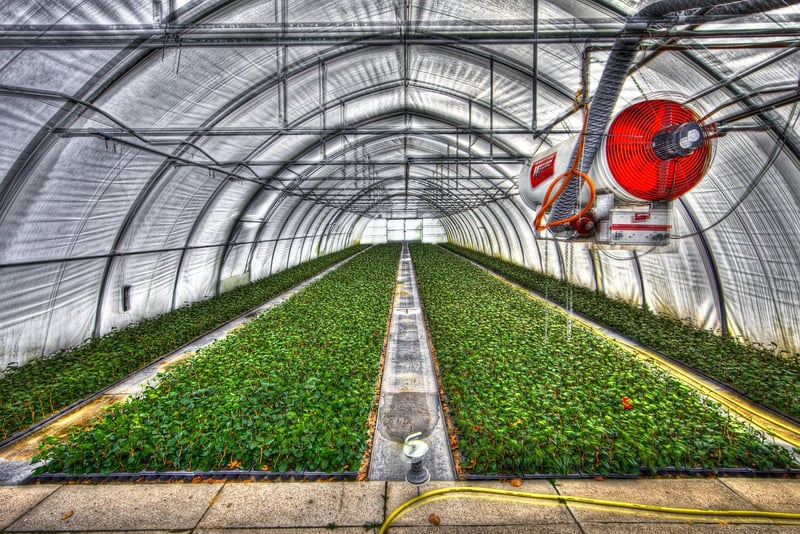Commercial Applications
The Future of Farming: Vertical Spaces and Commercial Applications
In recent years, the concept of vertical farming has gained popularity as a sustainable solution to produce food in urban areas where space is limited. By stacking plants vertically in controlled environments, vertical farming offers numerous benefits, including increased crop yield, reduced water usage, and year-round production.
Benefits of Vertical Farming
- Maximized Space Utilization: Vertical farming allows for the cultivation of crops in multiple layers, maximizing the use of limited space.
- Resource Efficiency: By using hydroponic or aeroponic systems, vertical farms can reduce water usage by up to 90% compared to traditional farming methods.
- Climate Control: Controlled environments in vertical farms enable year-round production regardless of external weather conditions, resulting in a consistent and reliable food supply.
- Reduced Transportation Costs: Locating vertical farms in urban areas reduces the distance food needs to travel from farm to table, lowering transportation costs and carbon emissions.
Commercial Applications
Vertical farming has a wide range of commercial applications across various industries:
1. Agriculture Industry
Vertical farming can revolutionize the agriculture industry by increasing crop yield per square foot and reducing the dependency on arable land. It also minimizes the impact of external factors such as pests and adverse weather conditions.
2. Food Retail
Retailers can benefit from vertical farming by growing fresh produce on-site or nearby, ensuring the availability of high-quality, locally grown fruits and vegetables for customers.
3. Restaurants and Hospitality
Restaurants and hotels can incorporate vertical farming to source fresh herbs, microgreens, and specialty crops, enhancing the quality and sustainability of their dishes.
4. Research and Development
Vertical farming provides a controlled environment for research and development purposes, enabling scientists to study plant growth, optimize cultivation techniques, and develop new crop varieties.
Conclusion
Vertical farming represents a promising solution to the challenges of modern agriculture, offering a sustainable and efficient way to produce food in urban environments. With its commercial applications spanning various industries, vertical farming is poised to play a significant role in shaping the future of farming.

Image Source: Pixabay
